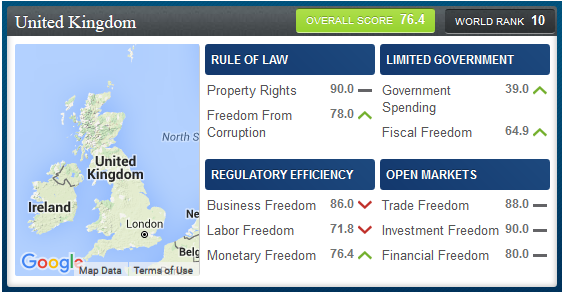The money you pay for your business's many insurance premiums might seem to be a waste, especially if you never claim a loss. But the primary function of an insurance company is to safeguard your business against such losses.
The type of business you own determines the type of insurance you need. The government requires you to have certain types of insurance to protect the public, and lenders require insurance to protect their investment. Optional policies exist to protect your own interests if you suffer a loss.
Required Insurance
The government requires certain types of insurance if you are an employer. According to the Small Business Administration, you must purchase, at minimum, workers' compensation and unemployment insurance. If your business is in Rhode Island, California, Puerto Rico, Hawaii, New York or New Jersey, or any part of the world you also must purchase disability insurance for your employees.
These insurances provide your employees with a financial safety net if they are hurt on the job or lose their job. Your employees do not pay any part of the premiums for these plans. You can deduct the premiums you pay as a business expense when you file your taxes.
Liability Insurance
Liability insurance policies pay the legal fees and judgments associated with accidents, negligence and professional errors. The government requires some companies and professionals to carry liability insurance. For example, trucking companies must have general liability insurance, and physicians must have professional liability insurance.
If you receive notice of a lawsuit, your insurance company's function is to hire lawyers to represent you in court. Your insurance company pays any settlements or judgments against your company up to the policy's limits. Manufacturers often have product liability insurance that pays if a product has a defect that results in an injury.
Property Insurance
Property insurance comes in three types: basic, broad and special, according to the InsureU website. Examples of items covered by policies include your business's buildings, machinery, inventory and even your copyrights and trademarks. While coverage differs depending on the type of policy, the insurance company's function is to pay for damages or losses after storm damage or theft.
Business interruption policies pay for your lost earnings if you have to close your business while repairs are made from storm or fire damage. Property insurance policies typically pay for either replacement costs or the actual value of the property before the damage or loss occurred.
Home-based Businesses
If you have a home-based business, you may think your homeowner's policy covers all of your insurance needs. This is not necessarily so. It may be possible to add an endorsement to your homeowner's policy to cover your business. If your revenues are above $5,000, clients come to your home or you have expensive equipment, you should talk to an agent about stand-alone policies such as a business owner's policy. The company insuring your home-based business is there to provide assistance if you are sued and pay for losses from theft and storms.
























































